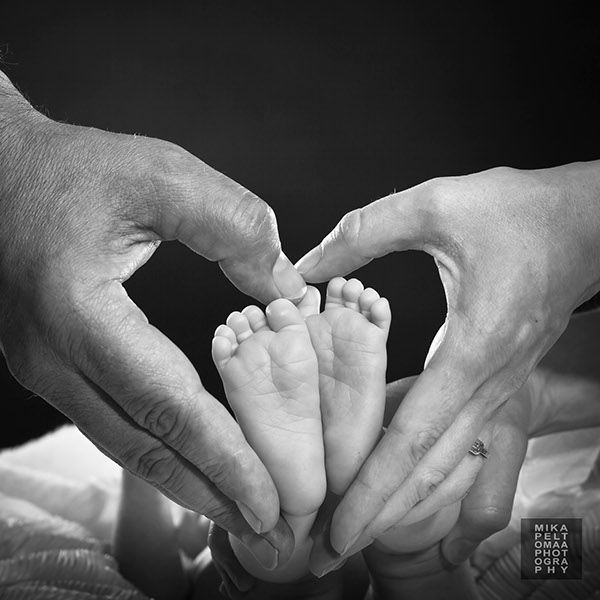Devotional
Do unto others as you would have them do unto you
|
Upon this
proverb many religions have built their philosophy. It is one of the oldest
sayings known to man. This particular version comes from the words of Jesus in Matthew 7:12. It first
appeared in English in 1535 in the Miles
Coverdale Bible. “Therfore
what soeuer ye wolde that men shulde do
to you, eue so do ye to them.”
In various
forms, the principle expressed in this proverb is conveyed in the classic
literature of ancient Greece, Rome and the holy writings of Islam, Taoism, Sikh
and other religious texts.

